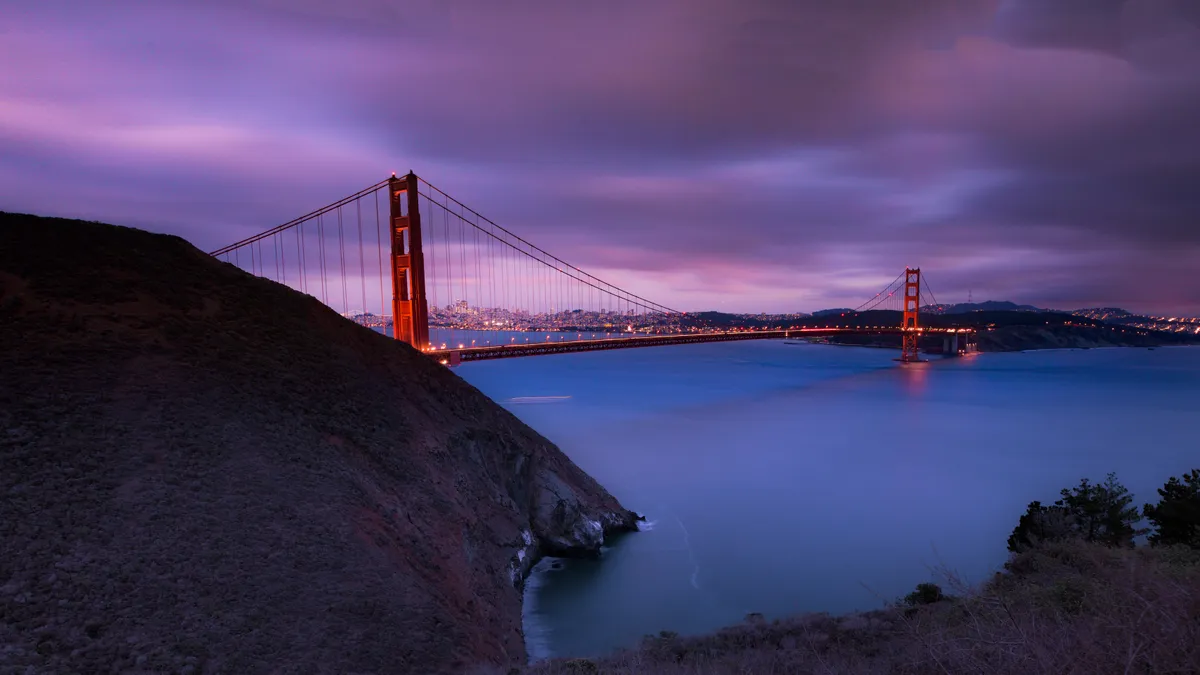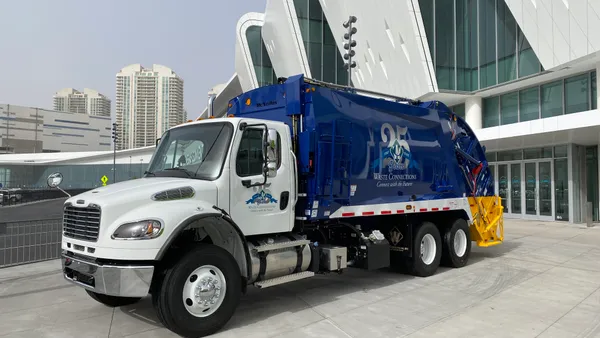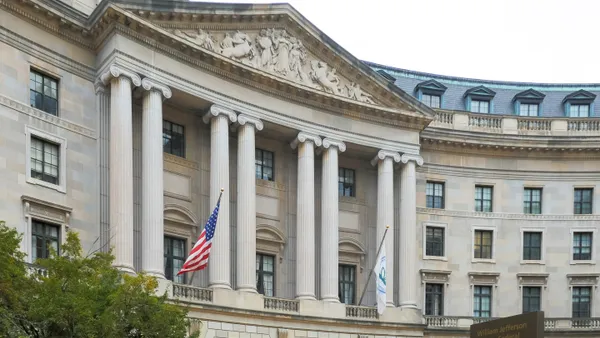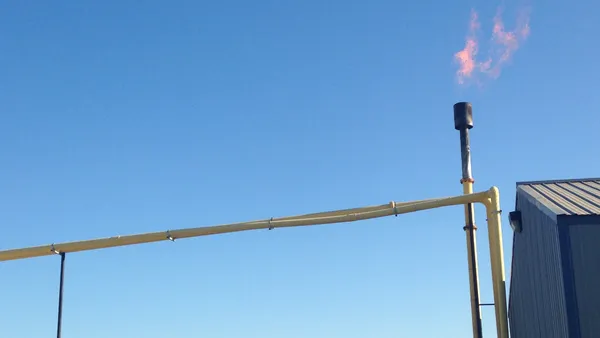Dive Brief:
- The operators of Newby Island Resource Recovery Park have entered into an agreement with San Francisco Baykeeper to stop pollutants from washing into nearby waterways, as first reported by the San Jose Mercury News. The park is operated by Republic Services subsidiaries International Disposal Corp. of California and Browning-Ferris Industries of California. Baykeeper alleged that selenium, iron, aluminum, nitrogen and sediment from the park entered tributaries of the San Francisco Bay.
- Under the agreement, the operators won’t admit wrongdoing but agreed to pay $40,000 in mitigation fees to the environmental nonprofit Rose Foundation for Communities and the Environment to cover projects meant for the San Francisco Bay watershed. They will also reimburse Baykeeper $55,000 to cover its investigation and attorneys’ fees, and another $15,000 for monitoring costs.
- The Newby operators will also relocate its green waste receiving and grinding operation, implement an employee training program, add gravel to the perimeter road, construct rock check dams, and install Filtrexx rolls and wattles at discharge points, among other mitigation measures. The agreement has been approved by the U.S. Department of Justice and was signed by a judge on May 1.
Dive Insight:
Newby Island Resource Recovery Park, located in Milpitas, Calif., was first opened in 2012. It was billed as the largest recycling operation in the world, capable of processing up to 110 tons of municipal solid waste per hour, and would service all the commercial waste produced by businesses in the city of San Jose.
This isn't the first time the facility has come under legal scrutiny. Last year, the Milpitas City Council sued the California Department of Resources Recycling and Recovery for not property considering odor complaints filed against the facility before granting it an expansion permit.
According to Baykeeper’s website, this settlement is the 41st in its Bay-Safe Industry campaign, an effort to enforce environmental laws that prohibit the release of pollutants into the San Francisco Bay. Previously, the environmental group has sued Bay Area municipalities and the Community Conservation Centers’ recycling center for similar issues.
The legal settlement shows how tricky placing an industrial facility in an urban setting can be. Elsewhere, cities are grappling with addressing environmental and community issues near waterfronts, particularly on the West Coast. The city of Portland, Ore. and the U.S. EPA are moving forward with a cleanup plan for the Portland Harbor Superfund Site. Communities elsewhere on the West Coast have also pushed back against large energy projects near waterways.











